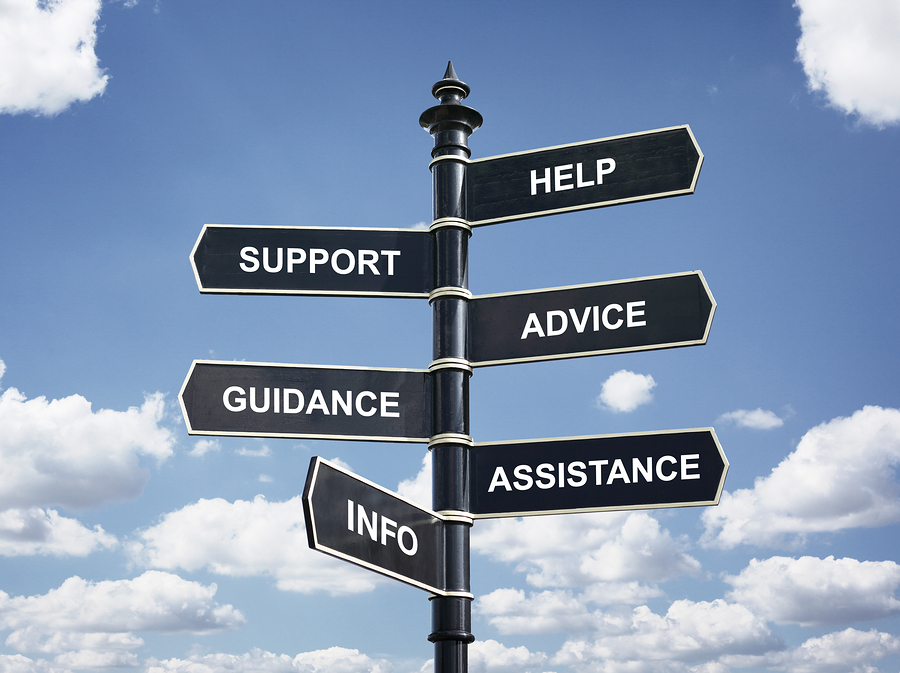Being rich and famous solves every problem, right? Let’s give that some thought.
1) Once I have my first book published, I’ll be famous and the journey will be downhill from there. We’re tackling two myths here. One, once you are published, it’s not likely you’ll be famous, at least not Billy Graham famous. But as a Christian writer, you may become well known and loved in Christian circles. And that’s more than enough. As far as the downhill journey? Not so. Having the first book published is only the beginning. Your sophomore effort has to prove that the success of your first book wasn’t a fluke. Unless it was. But a career author now has to roll up his sleeves and know that writing books for a living is a job. A real job. One we all hope you enjoy.
2) Once I’m famous, I’ll get more money with each new contract. Maybe, maybe not. The market ebbs and flows. One moment, red-headed zombies are the rage. The next, willowy blonde superwomen. Or maybe red-headed zombies being defeated by willowy blonde superwomen. Just know that the money you receive on each contract is determined by your past and projected future sales. The best option is not to spend money you don’t have, not to count on any money until it’s in your hand, and to be wise with the money you do have. Oh, wait – that’s with any career.
3) Once I’m famous, my troubles will be over. You may have solved your career and money troubles, but you will have new issues to face. Demands will be placed on you by editors, publishers, publicists, and fans. All of these are good weights and markers of success. Just be ready to lace up your running shows for a metaphorical cross country run. We all hope your run will last forever and that the scenery will be beautiful along the way.
4) Once I’m famous, I can write anything I want. You can, but not necessarily for publication. By this time, you should have developed a sense of what you like writing, and what sells. We all hope if you are selling, you like what you’re writing. And to some extent, you probably do, because readers can sense when a writer is having fun and is passionate about a topic. The most ambitious authors don’t stray too far off the path of success, but those who do have a team, including a great agent, to guide the course.
Your turn:
What do you want to accomplish as an author?
What authors do you know who have written successfully in more than one genre? Do you read their books?











